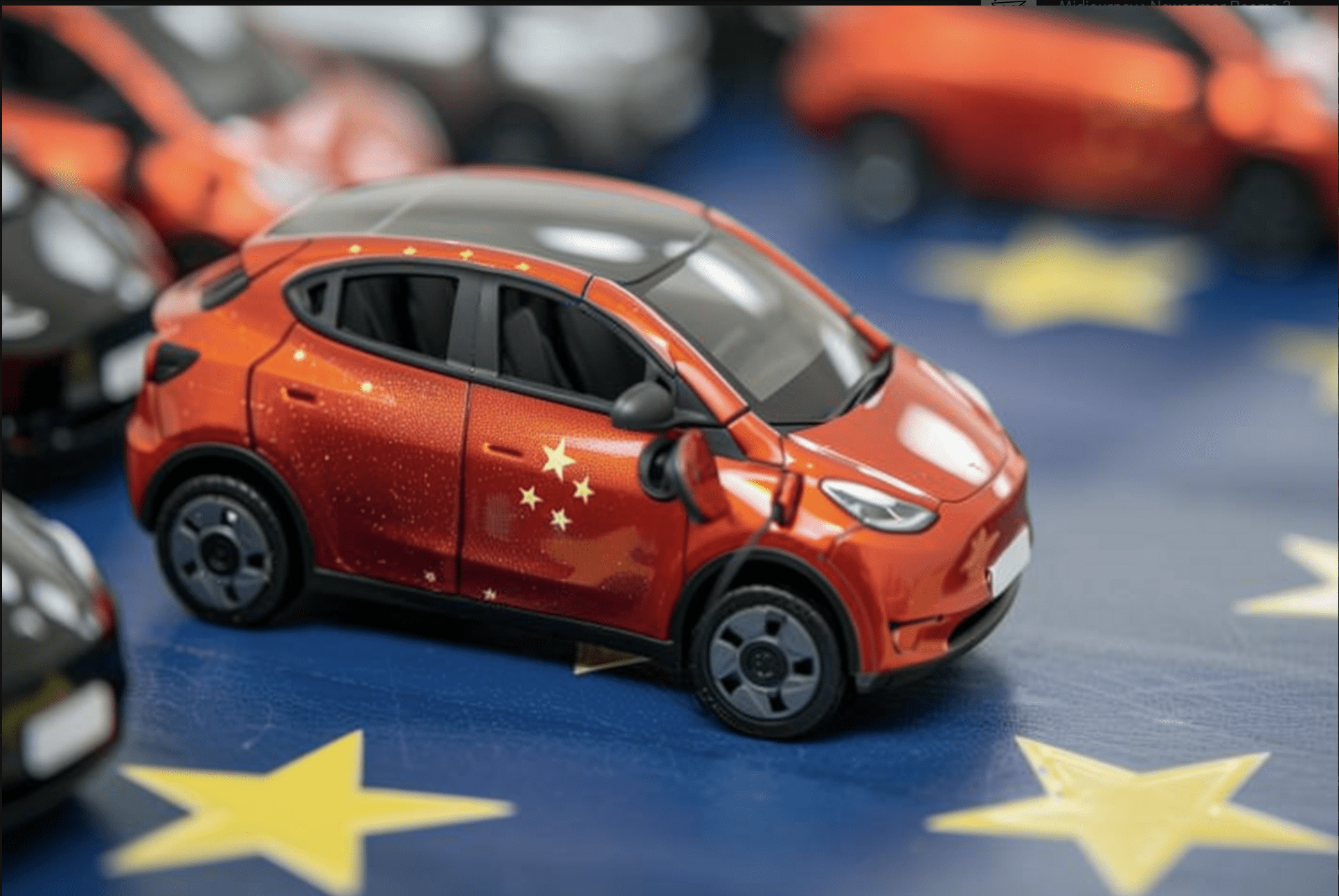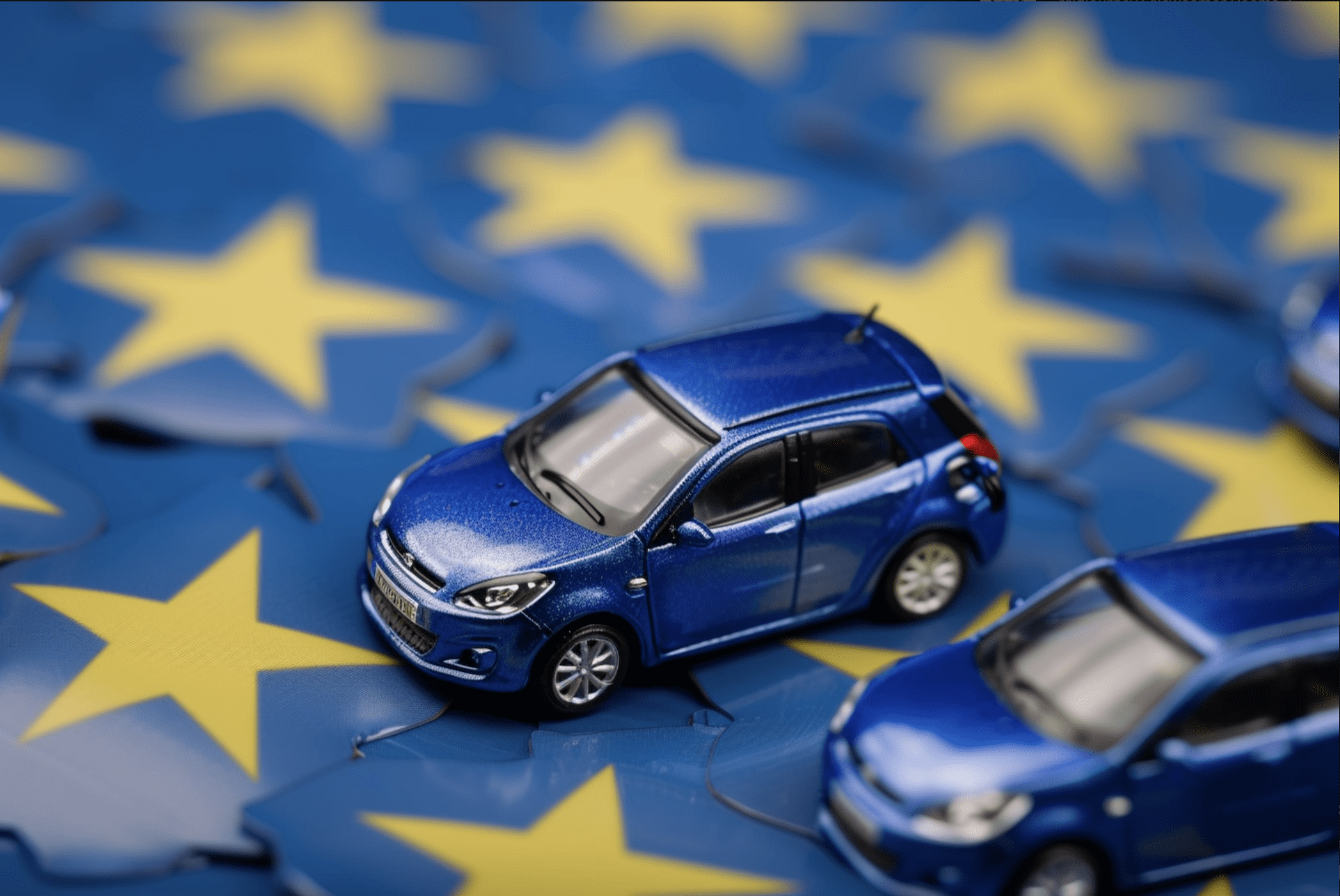Policy Brief n.17 - The BEV anti-Subsidy Investigation of the Commission: Industrial Policy and Geopolitics in Disguise?
The EU is encouraging other countries to follow its lead and support the green transition. This requires massive subsidies in many different sectors. Why should the EU then complain if other countries outcompete it in terms of subsidizing the production of green goods?

Executive Summary
The anti-subsidy investigation against battery electric vehicle (BEV) imports from China launched by the Commission in October 2023 looks to be motivated more by industrial policy and geopolitics than by evidence that Chinese countervailable subsidies have harmed European industry. It is difficult to understand why the Commission would see the need for an investigation when those whom it is supposed to protect have not complained.
If follows the ratio decidendi established in its previous countervailing determinations against the relevant imports from China, the Commission will likely find countervailable subsidies, including those granted by ‘State-owned banks and other financial institutions’.
The Commission’s position may be consistent with its regulatory framework governing such financial institutions in the Single Market. Eventually, it is a question whether these findings could withstand a challenge in the WTO due to the unsettled debate on public/private body – as a provider of a financial contribution.
The Commission might also want to prove that subsidies to Chinese battery makers (and other upstream products) constitute an unfair advantage to Chinese BEV makers. But it would then have to face counterclaims because of the subsidies the EU is providing to its own battery producers.
The economic logic of the investigation seems questionable given that EU producers charge EU consumers much more for the same cars they are also selling (and producing) in China. Instead of subsidies, it might be the overall cost advantages in China and the high price strategies of European car producers that allow Chinese BEV to compete in the EU market.
Ultimately, any decision on countervailing duties will need to pass the ‘Union interest’ test. This test will not only involve the usual interests of consumers, but also the Union's interest in the green transition.
A countervailing duty that covers the price/cost difference between the EU and China would increase the cost for European consumers by at least 10 thousand euros per car, allowing EU producers to keep their prices higher and thus considerably reducing the market for BEVs. With 2 million BEVs expected to be sold this year, this translates into a cost to European consumers of over 20 billion euros. The cost would rise as BEV penetration ratios increase.

The BEV anti-subsidy investigation represents a first because the Commission initiated it, although the EU BEV industry had not complained about the subsidised imports from China.
IEP@BU does not express opinions of its own. The opinions expressed in this publication are those of the authors. Any errors or omissions are the responsibility of the authors.

